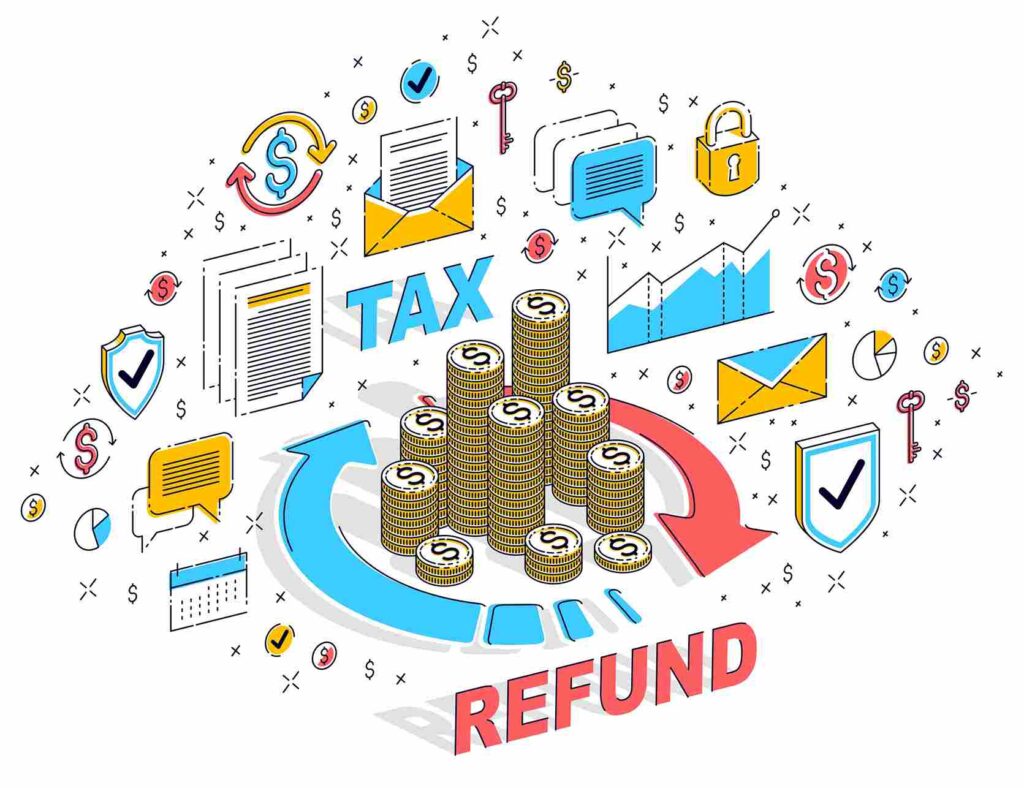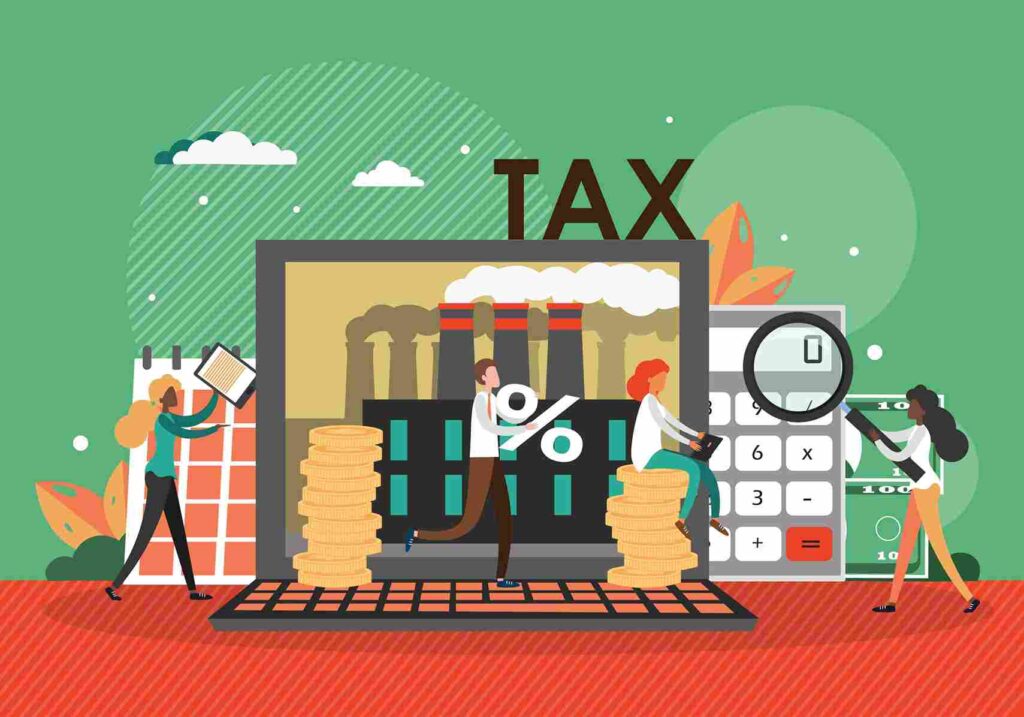Unlocking the Mystery: Do You Really Need to Pay Tax on Forex Trading Profits?
Navigating the complex world of forex trading is no small feat. With its rapid movements, high leverage, and global structure, it can be both exhilarating and daunting. But there’s one question that often lurks in the back of traders’ minds, casting a shadow over potential profits: “Do I really need to pay tax on my forex trading profits?” The answer, while it might seem shrouded in layers of legal jargon and tax code nuances, is more straightforward than you might think. Let’s dive into this topic, unraveling the mystery layer by layer.
Understanding Forex Trading
Before we tackle the main question, let’s set the stage by understanding what forex trading involves. Forex, or foreign exchange, is the marketplace where currencies are traded. It’s the largest financial market in the world, and it operates 24 hours a day, five days a week. Traders participate in this market by buying and selling currency pairs, hoping to profit from fluctuations in exchange rates.
The Basics of Forex Trading Taxation
Now, onto the crux of the matter: taxation. The tax treatment of forex trading profits can vary significantly from one country to another. In some jurisdictions, forex trading is considered speculative and, as such, the profits are taxed differently than regular income. Understanding the tax laws of your country is the first step in unraveling this mystery.
Is Forex Trading Taxable?
The Short Answer
In most cases, yes, forex trading profits are subject to taxation. However, how these profits are taxed can vary. In countries like the United States, for example, traders have the option to choose between two tax treatments under IRS Section 988 or Section 1256, each with its advantages and implications.
The Long Answer
The taxation specifics can depend on several factors, including the trading strategy, the trader’s tax status, and whether forex trading is a main source of income or a side hustle. It’s essential to consult with a tax professional to navigate these waters effectively.
Different Taxation Systems Around the World

Each country has its own set of rules and regulations regarding forex trading taxation. Let’s look at a few examples:
United States
In the U.S., forex traders can choose between two tax regimes. Section 988 treats profits as ordinary income, subject to regular income tax rates. Section 1256, on the other hand, allows for a 60/40 split between long-term and short-term capital gains, potentially offering a lower tax rate.
United Kingdom
In the UK, forex trading profits may be tax-free under Spread Betting, depending on the trader’s circumstances. Otherwise, profits might be subject to Capital Gains Tax or Income Tax, depending on whether forex trading is considered a form of gambling or a financial activity.
Australia
Australian traders are typically subject to Capital Gains Tax on their forex trading profits. However, specific conditions and exemptions can apply, so it’s important to understand the Australian Tax Office’s guidelines.
How to Report Forex Trading Income
Keeping Records
The first step in complying with tax regulations is meticulous record-keeping. Traders should keep detailed logs of their trades, including dates, amounts, profits, and losses. This documentation will be invaluable come tax season.
Filing Taxes
When it’s time to file taxes, the method of reporting forex trading income will depend on the tax regime under which you’re reporting. In many cases, profits are reported on a specific schedule or form dedicated to investment income or capital gains.
Tax Deductions and Credits for Forex Traders
Yes, there might be some silver lining in the form of deductions and credits. Traders may be able to deduct certain expenses related to their trading activities, such as software, home office expenses, and education. Again, the specifics will vary by country and individual circumstances.
Planning for Tax Efficiency in Forex Trading

Tax-Advantaged Accounts
Some traders might have the option to use tax-advantaged accounts for their trading activities. For example, in some jurisdictions, retirement accounts can be used to trade forex, potentially deferring taxes until retirement.
Strategic Tax Planning
Engaging in strategic tax planning can also help maximize after-tax returns. This could involve choosing the most beneficial tax treatment, timing trades for tax efficiency, or taking advantage of tax-loss harvesting.
When to Seek Professional Help
Navigating the complex world of forex trading taxation is not for the faint of heart. When in doubt, seeking the advice of a tax professional who understands the nuances of forex trading can be a wise investment. They can provide personalized advice and help ensure compliance with tax laws.
Conclusion
So, do you really need to pay tax on forex trading profits? The answer is a resounding yes, but with a caveat: the specifics depend on a myriad of factors, including where you live, how you trade, and the tax laws in your jurisdiction. By understanding the basics of forex trading taxation, keeping meticulous records, and seeking professional advice when necessary, you can navigate this complex landscape with confidence. Remember, paying taxes on your profits means you’re making profits in the first place—a positive sign for any trader.
FAQs

1. Can forex trading losses be deducted from my taxes?
Yes, in many jurisdictions, forex trading losses can be used to offset other taxable income. However, the rules and limits can vary, so it’s important to consult the tax code or a tax professional.
2. How often do forex traders need to file taxes?
Forex traders typically need to file their taxes annually, just like any other taxpayer. However, the requirement to make estimated tax payments throughout the year can vary based on income and jurisdiction.
3. Are there any countries where forex profits are not taxed?
While some countries have more favorable tax treatments for forex profits, it’s rare for profits to be completely untaxed. Always check the specific tax laws of your country.
4. Can I choose not to report my forex trading profits?
Choosing not to report forex trading profits is considered tax evasion and is illegal in most jurisdictions. It’s important to report all income, including forex trading profits, to avoid penalties and legal issues.
5. How can I learn more about the tax implications of forex trading in my country?
The best way to learn about the tax implications of forex trading in your country is to consult a tax professional familiar with the forex market and investment taxation. Additionally, your country’s tax authority’s website may provide guidelines and resources.




